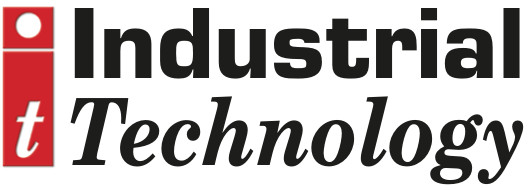
Posted to News on 27th Mar 2017, 00:00
Exploring the impact of vision technology
As the UKIVA celebrates its 25th anniversary in 2017, it is remarkable to see how vision technology has not only transformed manufacturing industry, but now touches so many facets of everyday life.

The UKIVA was founded in 1992 at the very beginning of the ‘Information Age’, just one year after Sir Tim Berners-Lee ‘s first browser for the world wide web was released to the general public. Not only was the internet in its infancy, but many things we take for granted in the world of vision weren’t in use, such as 2D Datamatrix codes. There were no smart cameras or affordable 3D imaging systems. CMOS image sensors were almost unheard of and LED illumination was not the norm.
Yet the last 25 years has seen a myriad of technological developments that have transformed the vision landscape, and with it have made a major impact on traditional manufacturing sectors such as food, electronics, packaging, automotive and pharmaceutical, as well as newer ones such as solar energy and medical diagnostics.
It could be argued that vision touches the life of almost everyone through the manufacturing sector. Vision could be involved in almost any number of manufacturing processes. We drive cars that have components that will have been checked by vision; the labels on the food that we buy in the supermarket may have been checked by vision; the medication we get from the pharmacy may have had its label checked or the packaging inspected to ensure the patient information leaflet is inside. However many new markets for vision have emerged which are not directly consumer product related in the same way.
These include, sport, traffic and transportation and surveillance. Sport has been revolutionised by vision. It would be impossible to imagine professional sport without vision techniques, many of which have been pioneered in the UK. ANPR, toll booth control, speed monitoring, surveillance, biometrics/facial recognition and autonomous vehicles have all evolved thanks to the technical advances in sensor technology.
The application of vision to everyday life is further reinforced through the two keynote addresses at the UKIVA Machine Vision Conference. Dr Mike Aldred from Dyson will discuss design challenges of the Dyson 360 Eye robot vacuum cleaner, which utilises images from a 360° Field Of View camera to locate itself within its environment.
Dr Graham Deacon from Ocado Technology will describe the use of 3D point cloud cameras in order to pick and pack groceries with robots. These keynotes open the morning and afternoon sessions, where a programme of more than 50 technical seminars has been put together to appeal to both newcomers to vision and experienced practitioners.
These and other topics can be explored in more depth at the UKIVA Machine Vision Conference to be held at the Arena MK, 27 April 2017. Visitors can find out much more about this and all the popular vision transmission standards. To learn more about the conference, visit www.machinevisionconference.co.uk






